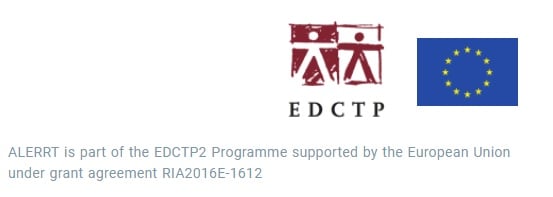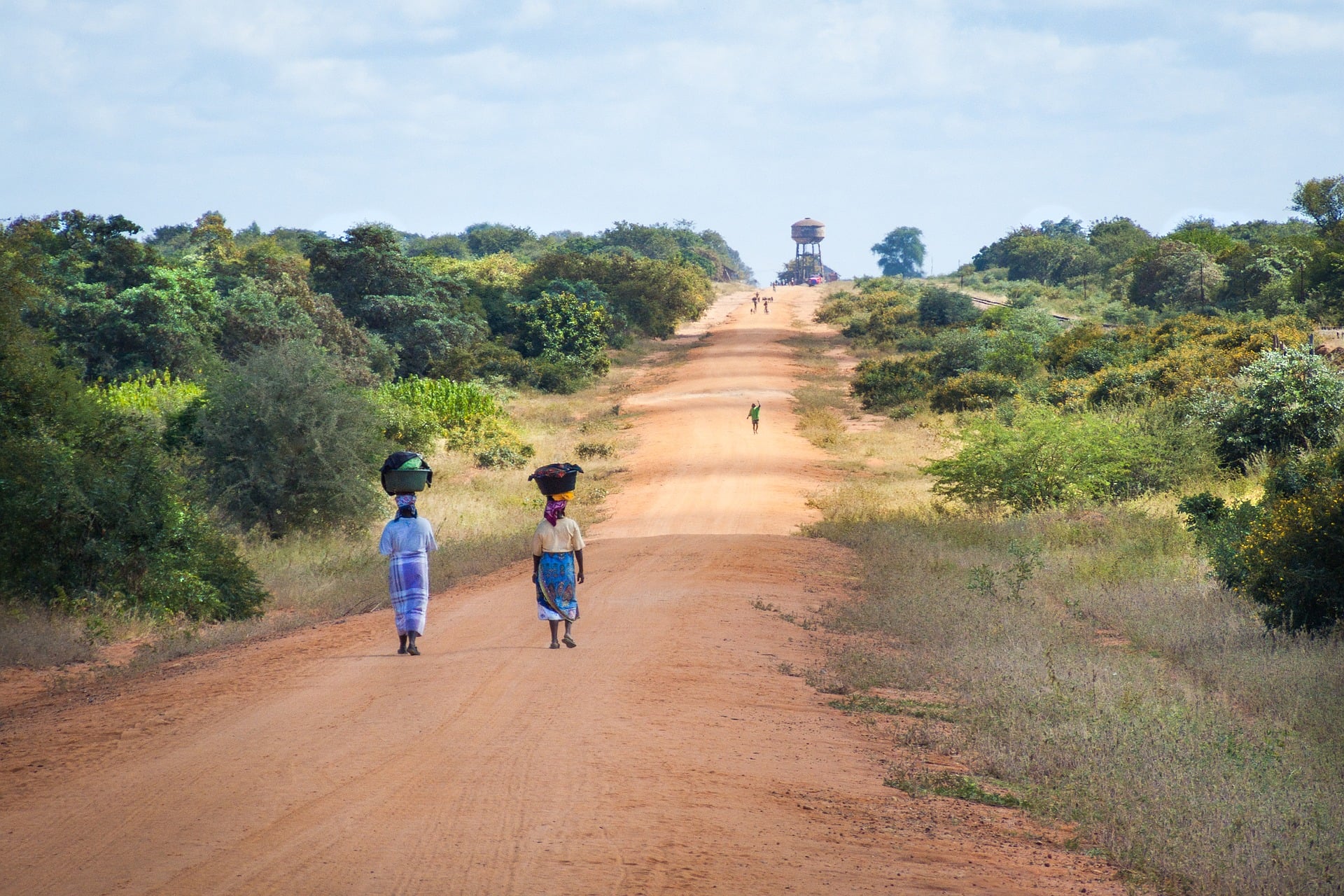A new clinical research and response network for epidemic infections has been launched in sub-Saharan Africa with the support of a €10 million grant from the European and Developing Countries Clinical Trials Partnership (EDCTP).
The African coaLition for Epidemic Research, Response and Training (ALERRT) aims to reduce the health and socioeconomic impact of disease outbreaks in sub-Saharan Africa. Co-ordinated by Oxford, it will build a sustainable clinical and laboratory research preparedness and response network, with the operational readiness to rapidly implement clinical and laboratory research in support of outbreak control efforts.
ALERRT combines the strengths of 21 leading African and European partner organisations from nine African and four European countries. The partners have established a network of centres and clinics stretching across sub-Saharan Africa that will conduct research on epidemic-prone infectious disease and which will respond quickly to outbreaks.
Image credit: Yemane Medhin
Dr Michael Makanga, Executive Director of EDCTP, said: 'Enhancing preparedness for tackling epidemic threats attributed to emerging and re-emerging infectious diseases is a global health priority. The launch of ALERRT demonstrates the true value of a joint programming initiative. The political will of several EDCTP member countries in Europe and Africa brings together financial means and matching funds from the European Union to address a societal challenge. Through joint programming countries can achieve much more than by trying to tackle these issues individually.'
ALERRT held its launch meeting in Addis Ababa on 10-11 March, just prior to the International Conference of (Re-)Emerging Infectious Diseases organised by the Africa Centres for Disease Control and Prevention and the African Union. EDCTP was represented at both meetings by its High Representative South, Dr Leonardo Simão, and the EDCTP Project Officer for the ALERRT grant, Jean Marie Vianney Habarugira. The launch will be followed by a joint ALERRT-WHO workshop on 'Ethics preparedness: Facilitating Ethics Review During Outbreaks' in Dakar, Senegal on 20-21 March.
 ALERRT
ALERRTProfessor Amadou Sall, Director of the Institute Pasteur Dakar, said: 'Sub-Saharan Africa is very vulnerable to outbreaks of severe infectious diseases and we need to be much more agile and responsive if we are to gather the evidence we need to save lives and control outbreaks. We will work closely with key partners such as the WHO Regional Office for Africa and Africa Centres for Disease Control and Prevention to ensure that ALERRT is a dependable ally in the fight against outbreaks.'
Professor Peter Horby, of the University of Oxford's Centre for Tropical Medicine and Global Health, said: 'People who are suffering from epidemic infectious disease deserve to benefit from the fruits of clinical research as much as any other patient, yet the broader benefits of such clinical research are even greater in the context of outbreaks. We want to deliver the evidence that is needed to improve patient care, including the evaluation of new diagnostics and treatment, but also the evidence to improve the control of outbreaks.'

